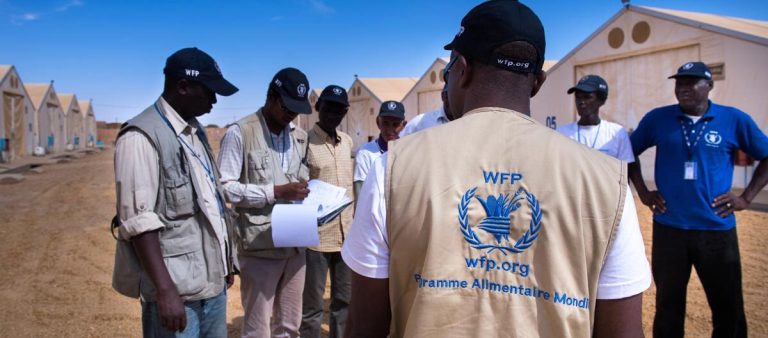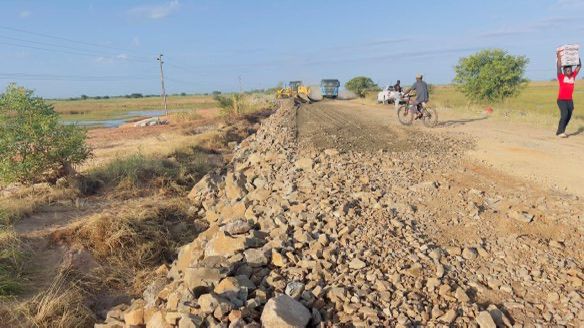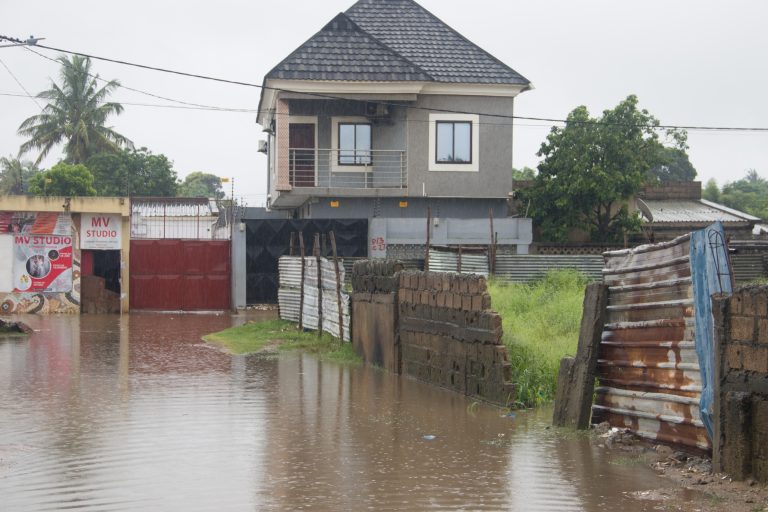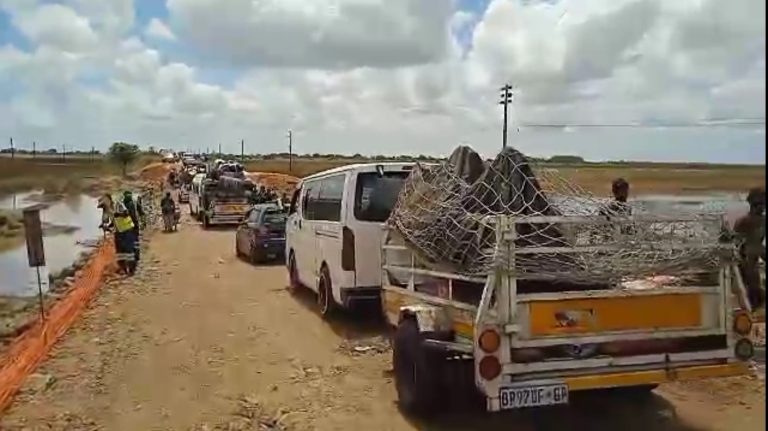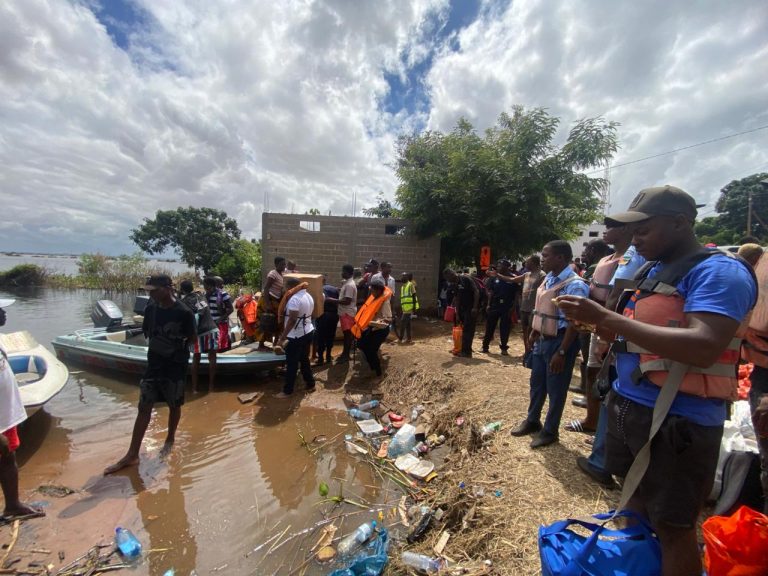
Combate ao terrorismo na provincia de Cabo Delgado
Maputo, 23 Sep (AIM) – For the second time this month, Islamist terrorists have attacked the town of Mocimboa da Praia, in the northern Mozambican province of Cabo Delgado, reports Tuesday’s issue of the independent newssheet “Mediafax”.
At about 01.00 on Monday morning, the jihadists struck the Filipe Nyusi neighbourhood of Mocimboa (named after former Mozambican President Filipe Nyusi). They went from house to house, apparently looking for specific individuals. They killed five people, beheading four of them, and kidnapped a further three.
One of those kidnapped was released later on Monday morning, apparently after his family had paid a ransom.
This attack came 15 days after an earlier raid on the same neighbourhood in Mocimboa da Praia town. The death toll from the two attacks is nine, seven of whom were beheaded.
The Mocimboa da Praia district administrator, Sergio Cipriano, confirmed the death toll. Interviewed by Radio Mozambique, he said that the man kidnapped was an employee of an NGO. He did not confirm whether or not a ransom has indeed been paid.
Mocimboa da Praia was the scene of the first jihadist attack in Cabo Delgado, in October 2017. The town came under repeated attack, and in 2020 it was occupied for about a year.
Mozambican and Rwandan forces expelled the terrorists in August 2021 and set up a security perimeter. However, the jihadists have breached that perimeter twice in the space of a fortnight.
Meanwhile, the government’s Financial Intelligence Office (Gifim) has announced that, between 2017 and 2024, it seized 458.6 million meticais (about 7.1 million US dollars, at the current exchange rate) in the northern districts of Cabo Delgado. According to a Strategic Analysis Report issued by Gifim, and cited in Tuesday’s issue of the newssheet “Carta de Mocambique”, the money was intended to finance terrorism.
The Gifim report says that the financing of terrorism takes the form of small deposits, and bank transfers, and small cash withdrawals. The individual withdrawals and transfers are small – but added together, they come to large sums. Gifim believes that the small withdrawals are a tactic intended to deceive the banking system.
“The bodies suspected of financing terrorism are clients of the financial institutions”, said Gifim. “They include some traders resident in areas affected by terrorism, some public officials, some members of NGOs and some private companies”.
The money came from other crimes, says the Gifim report, including bank robberies, the smuggling of guns across the borders, illegal exploitation of wildlife, illegal mining, drug trafficking, trafficking in precious metals and stones, and kidnappings.
Gifim added that some managers of suspect companies have fled the country and closed their activities. This was the case, for example, with the owners of fuel distribution companies, who left Mozambique shortly after the media had published reports linking such companies with terrorism.
(AIM)
Pf/ (475)


